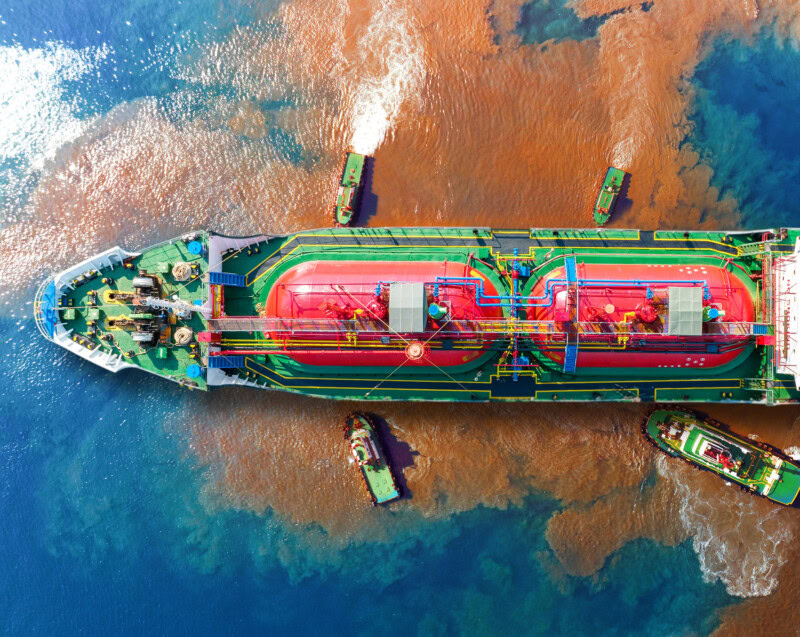The work of responding to environmental emergencies requires strength, courage, and resilience. Beyond the physical demands lies a mental burden shaped by constant readiness and repeated exposure to high-stress situations. World Mental Health Day serves as a reminder that responder well-being must be prioritized alongside environmental protection.
Stephen Pepper, a longtime firefighter, veteran, and environmental responder, shared how his own background led him to focus on this critical issue. He emphasizes that conversations about mental health are not just for one region or one type of response team. The challenges are universal to all environmental first responders.
Too often, the psychological impact of response work is overlooked. Fatigue, poor diet, long hours, and the emotional weight of witnessing devastation can quickly wear down even the most experienced responders. Sometimes these pressures show up in subtle ways such as changes in mood, declining performance, or strained communication. Without proper support, those challenges can escalate into serious safety risks.
The good news is that progress is happening. More organizations are beginning to normalize talking about mental health, offering peer support, and training leaders to recognize the signs that someone is struggling. Still, access to resources often varies. Larger operators may have strong employee assistance programs in place, while smaller contractors may lack the same tools. Building consistent support across the industry remains a priority.
One clear message stood out from Stephen’s perspective: it’s okay not to be okay. Creating a culture where responders can speak up without stigma is the foundation for real change.
This World Mental Health Day, let’s recognize the unique pressures faced by environmental responders and commit to supporting them with the same dedication they show in protecting our communities and ecosystems.
Stephen will continue this important conversation at Clean Gulf 2025, where he is helping lead a workshop on responder mental health alongside representatives from Shell and Equinor. That session will dive deeper into lessons learned, highlight findings from recent industry studies, and focus on how organizations of all sizes can better equip their teams. It’s a conversation that doesn’t end today, but one we’ll keep building on together.




